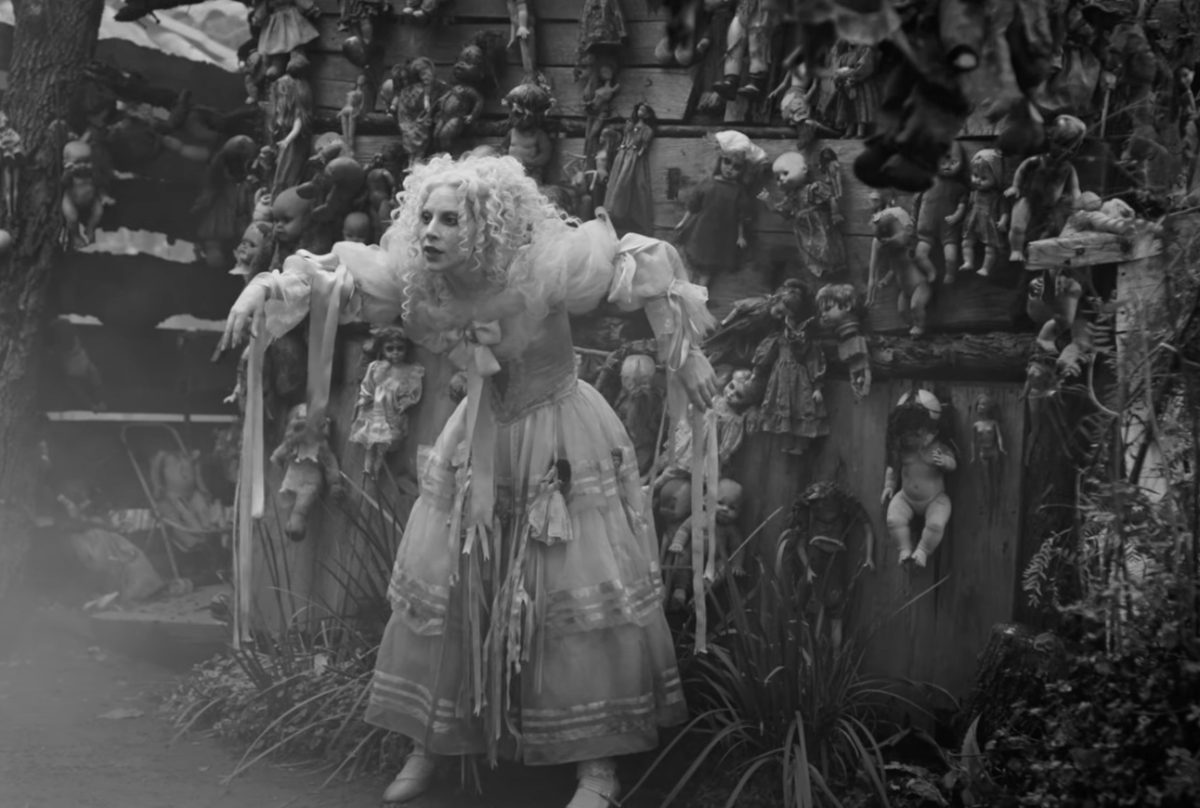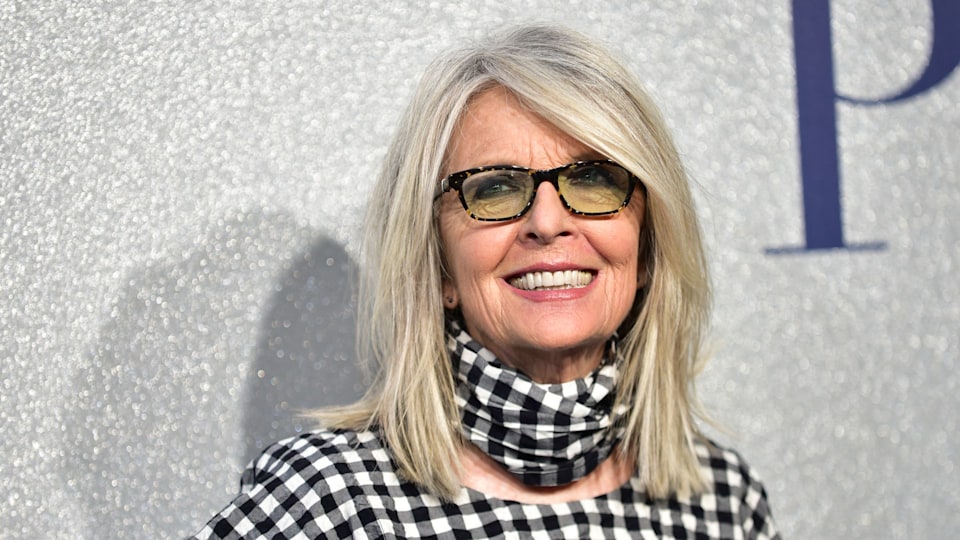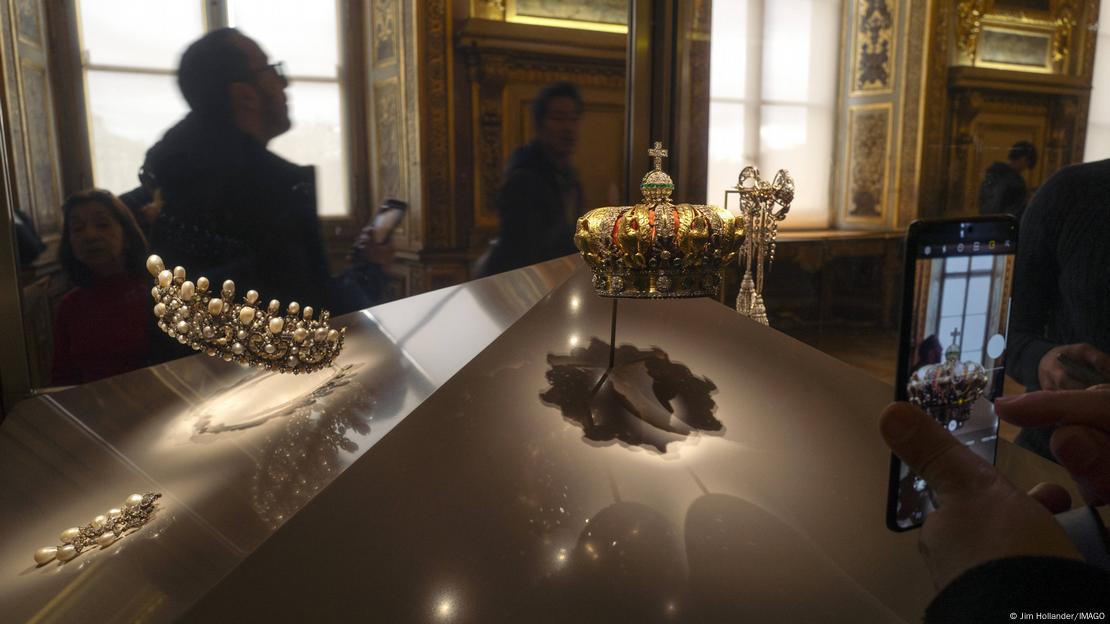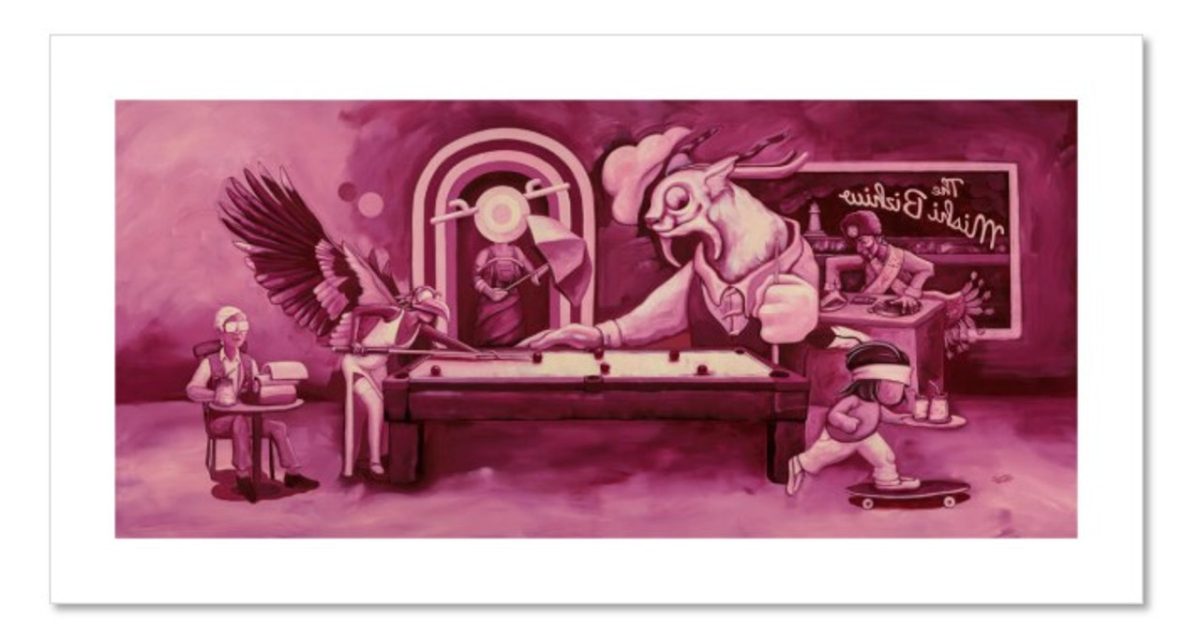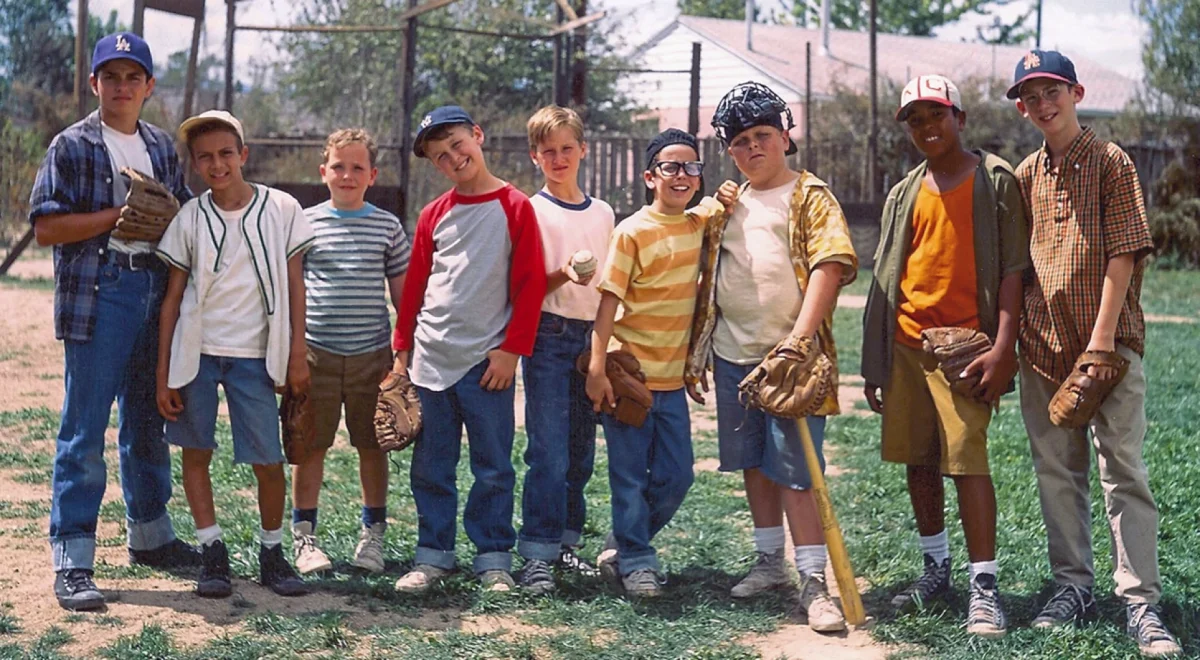Every time a new rom-com is released, it is immediately somehow labeled “the return of the rom-com,” and I need to object.
Trust me, we are all well aware of the downfall of the rom-com genre from its 90s heyday that had hits like “Notting Hill,” “10 Things I Hate About You” and “Pretty Woman” — and especially its early 2000s genre solidifiers like “How to Lose a Guy in 10 Days” and “13 Going on 30.”
I have been personally affected by this drought, so I am self-anointing myself as an expert on this topic. I too have been insatiably awaiting a resurgence of my beloved genre — and I honestly do think we have reached that point in time — but not every new rom-com release is deserving of that title.
Enter: “Anyone But You.” The Glen Powell and Sydney Sweeney-led rom-com had been the talk of social media ever since its poorly edited teaser trailer on Oct. 19.
People were confused about what was even going on — myself included — so I of course turned to the internet. Apple TV described the plot as, “Two college arch-nemeses reunite years after graduation for a destination wedding and pretend to be lovers for their own personal reasons.”
This seemed right up my alley, an enemies-to-lovers trope and a fake dating trope? What more could I ask for?
Substance. I could have really used some substance, context and believability.
When Powell pretended to be Sweeney’s husband in that coffee shop so that she could get the keys to the “must buy something to use” bathroom, I assumed we were in the present day by what felt like obviously mature aesthetics on both parts.
I was trying to get my bearings with the timeline and thought, “Okay, so he’s helping her out, but now we’re going to get surprised and learn that they have a storied, fiery past!”
That was very much not the case. Sweeney was apparently a college student with an internship, and I was left instantly reevaluating my life.
From that short little Apple TV synopsis I was under the impression that Powell’s Ben and Sweeney’s Bea were going to be these college rivals who were secretly in love with each other and had this intense history, but I was clearly very wrong.
They literally met once. After that coffee shop meeting, Ben and Bea give us an impersonal montage of their day walking around the city before ending up at Ben’s apartment — where we get one snippet of their conversation before they fall asleep talking on the couch.
Obviously, Bea sneaks out and then immediately turns around, wondering why she did that, only to find Ben telling his Pete Davidson personality-variant roommate that she was “no one” after being asked about the stranger who just left his apartment.
I think this is where the root of the problems that plagued “Anyone But You” can be diagnosed: the lack of foundation that we are given about these characters and their connection to each other.
Like, we were supposed to be on board with thinking that Ben was “obviously in love with” Bea because he whipped out his frying pan and made her a grilled cheese and said one line about his mom’s connection to a wrench in a display case.
Because of this lack of character development, the exaggerated hatred and scathing back and forth between Ben and Bea — that the movie relied on so heavily — felt unfounded and unwarranted.
They truly did not know each other like that to be believably reading each other so hard at their next chance meeting, so any of their interactions felt so unnatural and contrived to get the plot moving.
Apple TV truly steered me wrong because if I had read the IMDb synopsis before entering that theater, my expectations might have been a little different, but I still wouldn’t buy their “return of the rom-com” worthy connection.
“Anyone But You” did prove one thing to me, however, and that is that Powell’s “Set It Up” remains the reigning champion of “return of the rom-com” contenders.
Rating: 2/5 stars




